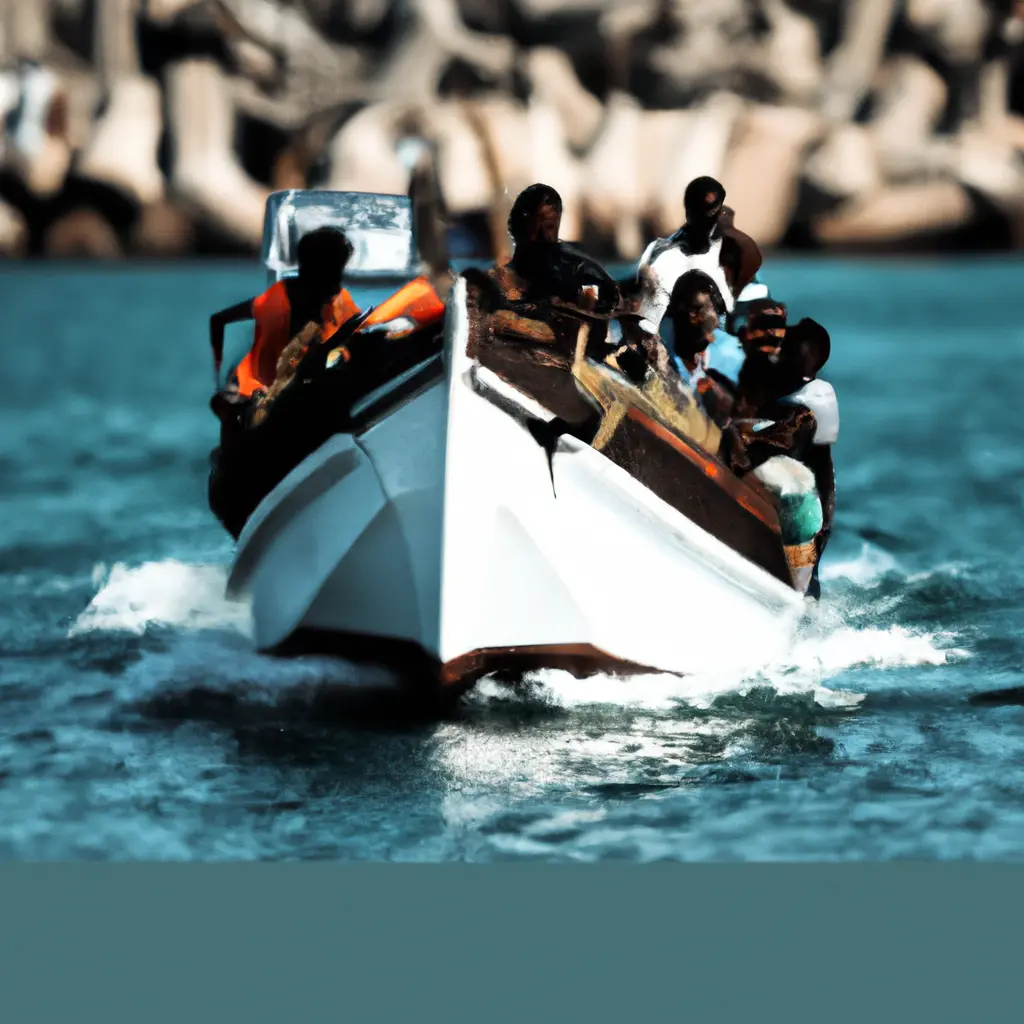Teaching Fishing.

Wednesday, 01/11/2023 - 22:00
There is a famous saying that goes, "Give a man a fish and he will eat today. Teach him to fish and he will eat the rest of his life." The authorship of this saying is not clear, but it has been one of the most recognizable principles in the world of development cooperation for decades. Some sources attribute it to Confucius, who lived 500 BC. Others attribute it to British author Anne Isabella Thackeray Ritchie, known as Lady Ritchie, a late Victorian novelist. Whether it was over two thousand years ago or a century and a half ago, the quote is as widely known as it is rarely applied to certain parts of the planet, mainly Africa, which''a few centuries ago exploited by the European powers, at the same time destroying her population, who were strangely enough taught to fish. At best they were allowed an occasional small fish to feed on, just enough to continue to use them as slaves and to give little trouble to the corporations of the West while they ravaged their mines. A long time has passed since then, and here are these cayucas. Pofosu Emanuel, one of the thousands of sub-Saharan migrants who arrived in the Canary Islands on October 10 and were resettled in the Peninsula, tells in an article published in the newspaper El Periódico, part of the Prensa Ibérica group, that he and others with whom he shared the worst days of his life until they reached El Hierro, spend''idle hours, in their dwellings or walking from one end of the village to the other. "Why aren't they sending us to school or giving us Spanish lessons?" - Pofosu wonders. He again demands to be taught how to fish. Or to navigate Europe with dignity, which is essentially the same thing. If Africa had been given self-sufficient development systems instead of centuries of plundering its sources of wealth, perhaps Pofosu and thousands like him would not have to risk their lives in the darkness of the ocean.
14 May 2025
13 May 2025

Comment
Popular Posts
Popular Offers

Subscribe to the newsletter from Hatamatata.com!
Subscribe to the newsletter from Hatamatata.com!
I agree to the processing of personal data and confidentiality rules of Hatamatata













